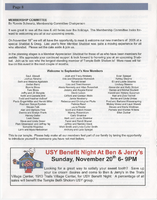Search the Special Collections and Archives Portal
Search Results

Meeting minutes for Consolidated Student Senate University of Nevada, Las Vegas, September 14, 1989
Date
Archival Collection
Description
Text

Meeting minutes for Consolidated Student Senate University of Nevada, Las Vegas, June 19, 1995
Date
Archival Collection
Description
Text

Meeting minutes for Consolidated Student Senate University of Nevada, Las Vegas, August 07, 1995
Date
Archival Collection
Description
Text
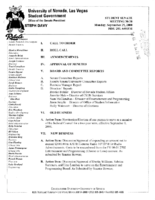
Meeting minutes for Consolidated Student Senate, University of Nevada, Las Vegas, September 25, 2000
Date
Archival Collection
Description
Text
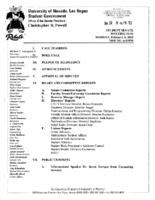
Meeting minutes for Consolidated Student Senate, University of Nevada, Las Vegas, February 03, 2003
Date
Archival Collection
Description
Text
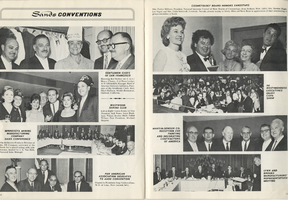
11th Anniversary Issue of the Sands Times magazine from the Sands Hotel and Casino, December 1963
Date
Archival Collection
Description
The 11th anniversary issue of the Sands Times from the Sands Hotel and Casino in Las Vegas, Nevada. Headlines in the magazine include: "If It Happens in Vegas It's Usually at the Exciting Sands Hotel", "Sands Casino Execs - The Friendliest", "Hosts in Las Vegas!", "New Faces in Sands Family of Stars", "Sands - Grounds for Marriage", "Sands is Convention Executive Center", "Sands Conventions", and "Sands Guests".
Mixed Content
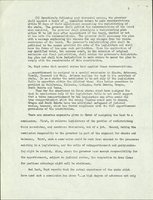
Summary report by the League of Women Voters on Legislative Reapportionment, "The Nevada Reapportionment Decision," October 1965
Date
Archival Collection
Description
League of Women Voters statement on legislative reapportionment and redistricting in Nevada.
Text
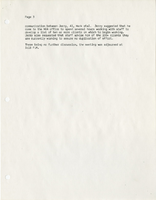
Meeting minutes and memoranda for the Nevada Development Authority Washington Congressional Committee, 1985
Date
Archival Collection
Description
Mark Fine served as the chairman of the Nevada Development Authority Washington Congressional Committee.
Text
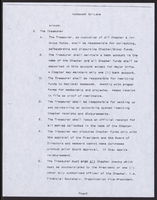
By-Laws for Las Vegas Chapter of Hadassah and Tikvah Group, 1993
Date
Archival Collection
Description
The By-Laws of the Las Vegas Chapter of Haddassah and Tikvah Group document the composition of the chapter, including member quotas and board leadership, the duties of the board members and terms of office, finance matters, meeting procedures, and committees of the chapter.
Text

